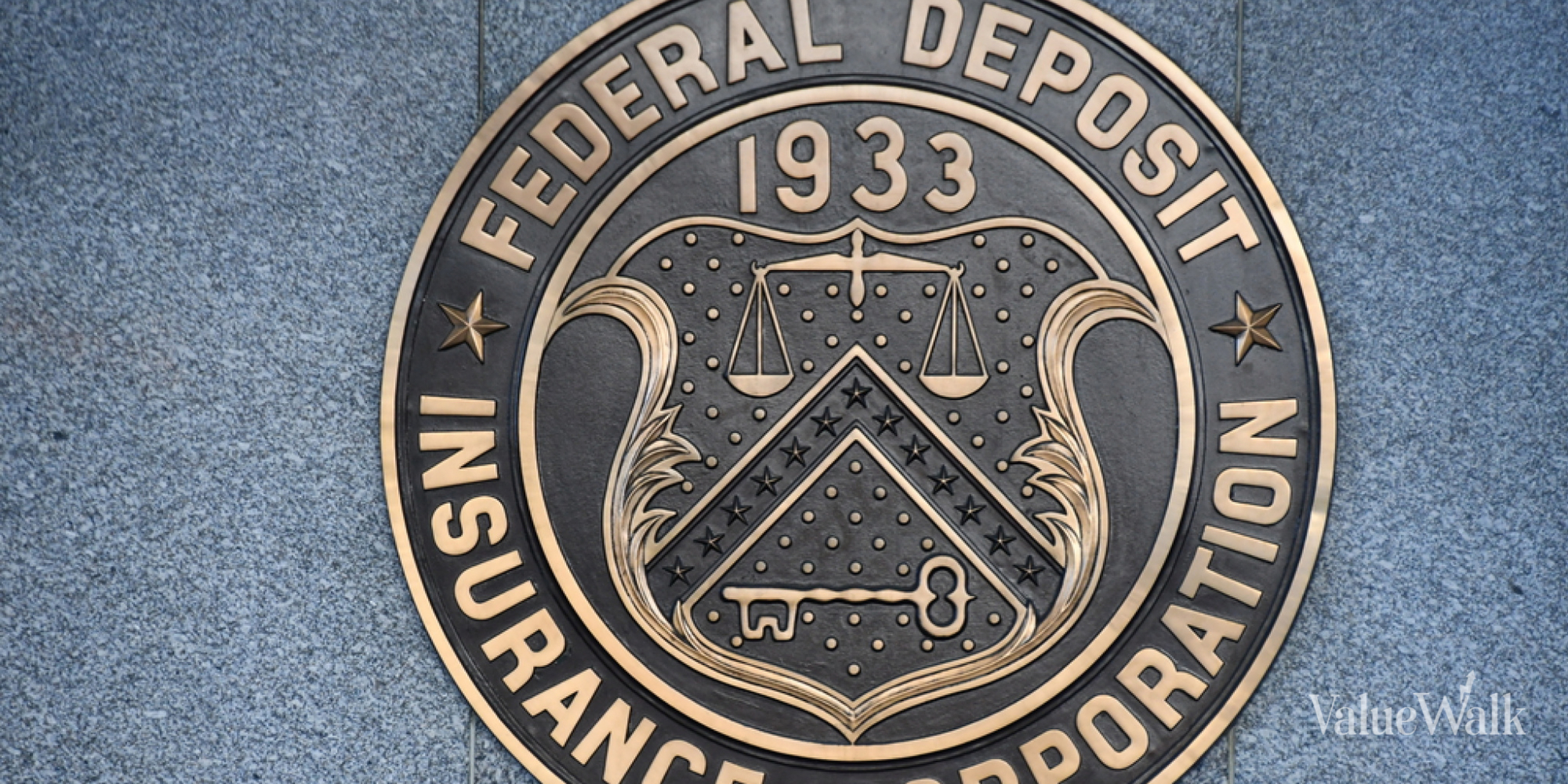Skechers Update: Don’t Overreact To One Quarter by Sam McBride, New Constructs
Shares of Skechers (SKX: $24/share) plummeted over 20% last week after it reported lower than expected revenue and earnings for 2Q16. Bears took the news as a sign that Skechers’ period of high growth is at an end and its margins are unsustainable.
We think the markets are overreacting to a limited data set. Not only do quarterly results tend to be volatile, one three-month reporting period is rarely enough to establish a clear trend.
Nevertheless, a cornerstone of our bullish position on the stock is that the expectations embedded in the stock’s valuation are too low. At $25/share, the current market price implies Skechers’ profits will never grow from today’s levels. In other words, there is zero profit growth embedded in the stock.
Add to that the fact that several unusual items negatively impacted this quarter’s earnings, and we see no reason to change our recommendation.
One Bad Report Does Not Spell Doom For Skechers
Based on its recent history, Q2 really was disappointing for Skechers. Sales grew by just 9.7% year-over-year when they had been growing at a rate near 30%. Reported operating margins fell to 11.4% from 14% last year. Both were well short of expectations.
Zoom out, though, and we see a very positive trend, one that has run from 2012 through to the blowout first quarter of 2016. After-tax profit (NOPAT) and return on invested capital (ROIC) have both been on a tear, rising rapidly to levels not seen in well over a decade.
Figure 1: Skechers ROIC AND NOPAT
Sources: New Constructs, LLC and company filings.
Q2 was facing difficult comps, as many domestic wholesale orders had been pulled forward into the first quarter, whereas last year’s Q2 was inflated from pent up demand due to U.S. port issues.
If we even just zoom out to the first six months of this year, the picture starts to look a great deal rosier.
- Revenues are up 18% year over year
- Reported operating income is up 19%
- Operating margin up slightly to 12.9% from 12.8%.
- Gross margin up to 46% from 45.4%
Slowdown Baked Into Valuation
The poor Q2 numbers might have been of more concern to us if Skechers had high growth expectations baked into its valuation. However, that is not the case. As we noted in our original article, if Skechers can grow NOPAT by 9% compounded annually for 10 years, the stock is worth $39/share today. That is much slower than its recent growth rate.
$39/share represented a 42% premium from the price at the time of our report. With the big recent drop, that now represents 60% upside.
The stock now has a price to economic book value ratio (PEBV) of just 1.0, which implies that NOPAT will never grow higher than today’s level over the remaining life of the company. It’s hard to justify such a pessimistic expectation while growth is still in the double digits.
Look Out For Unusual Items
We’ll have more detail on how non-operating items affected Skechers’ reported profits once the company releases its full 10-Q, but there were several non-operating items in the press release that negatively impacted profits.
- $8.3 million in foreign currency translation and exchange losses
- $2.7 million in additional VAT taxes in Brazil
- $0.9 million due to a fire in the Malaysia warehouse
These unusual items had a significant negative impact on quarterly earnings that should not be expected to continue in the future.
Some Overlooked Positives
The market has focused on the topline numbers, but there were a number of hopeful signs in the 2Q earnings report if you dig a little deeper.
- While domestic results were subpar, the company continues its strong growth internationally. International retail sales were up 40.5% for the quarter, and the company continues to invest heavily in international growth.
- While overall margins were down, gross margins continued to rise in the quarter, from 47.3% a year ago to 47.8% this year.
- Inventories dropped by 4.8% from the beginning of the year even as sales rose, a good sign that the company is getting better at managing its inventory.
Investors shouldn’t dwell too much on the bad headline numbers from this quarter. Skechers is still a strong company. It was undervalued before this big drop, and it is especially undervalued now.
This article originally published here on July 25, 2016.
Disclosure: David Trainer and Sam McBride receive no compensation to write about any specific stock, sector, style, or theme.





